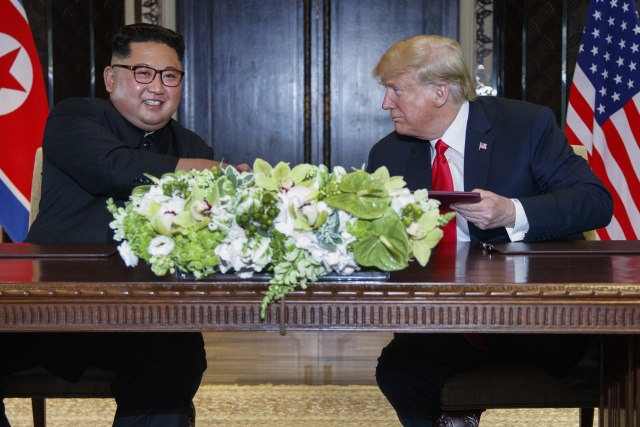bearfan
Ancient Mariner
This is a half-truth itself. The 24 days rule applies to military facilities. All nuclear sites, like Natanz, Arak, Bushehr, Esfahan etc. are under 24/7 surveillance, and they have all been redesigned to make nuclear weapons development impossible.
The argument given is that even within 24 days, it would be impossible to remove any trace of a military nuclear program. In any case, any connection between nuclear and military facilities could not simply be covered up this easily; whether this is the case or not, the fact that international inspectors would be given access to a nation's military facilities is a major concession in itself. Just imagine an Iranian inspector asking for access to an American military base. It's a clear sign that Iran is not yet an equal partner in the "deal"/treaty, and they signed it nevertheless.
"Some experts say that’s sufficient to detect violations, while others disagree." I am not a nuclear scientist .. so I really do not know.
.. again just by virtue of it having been signed, that was probably reason enough to stick with it .. unless there was a serious violation by Iran. Due to relations with Europe if anything. But I am not convinced it was a good deal to start with.. the sanctions being much more gradually listed over time based on compliance would have been a better route .. and on a related note, that is how things should go with N. Korea if a some kind of deal comes out of the upcoming meetings.
Both countries put themselves out of the international norm ... and need to earn their way back in.

 Thing is, there has been no serious complaint about Iran not keeping to the agreement. Yes, its foreign policy has been quite shabby, but a point had been made to exclude this aspect from the negotiations and the agreement. Pulling out because of this, as Trump more or less explicitly did, is a really, really bad move.
Thing is, there has been no serious complaint about Iran not keeping to the agreement. Yes, its foreign policy has been quite shabby, but a point had been made to exclude this aspect from the negotiations and the agreement. Pulling out because of this, as Trump more or less explicitly did, is a really, really bad move.

 How far does this rot go? #DrainTheSwamp #LockHimUp #WitchHunt
How far does this rot go? #DrainTheSwamp #LockHimUp #WitchHunt